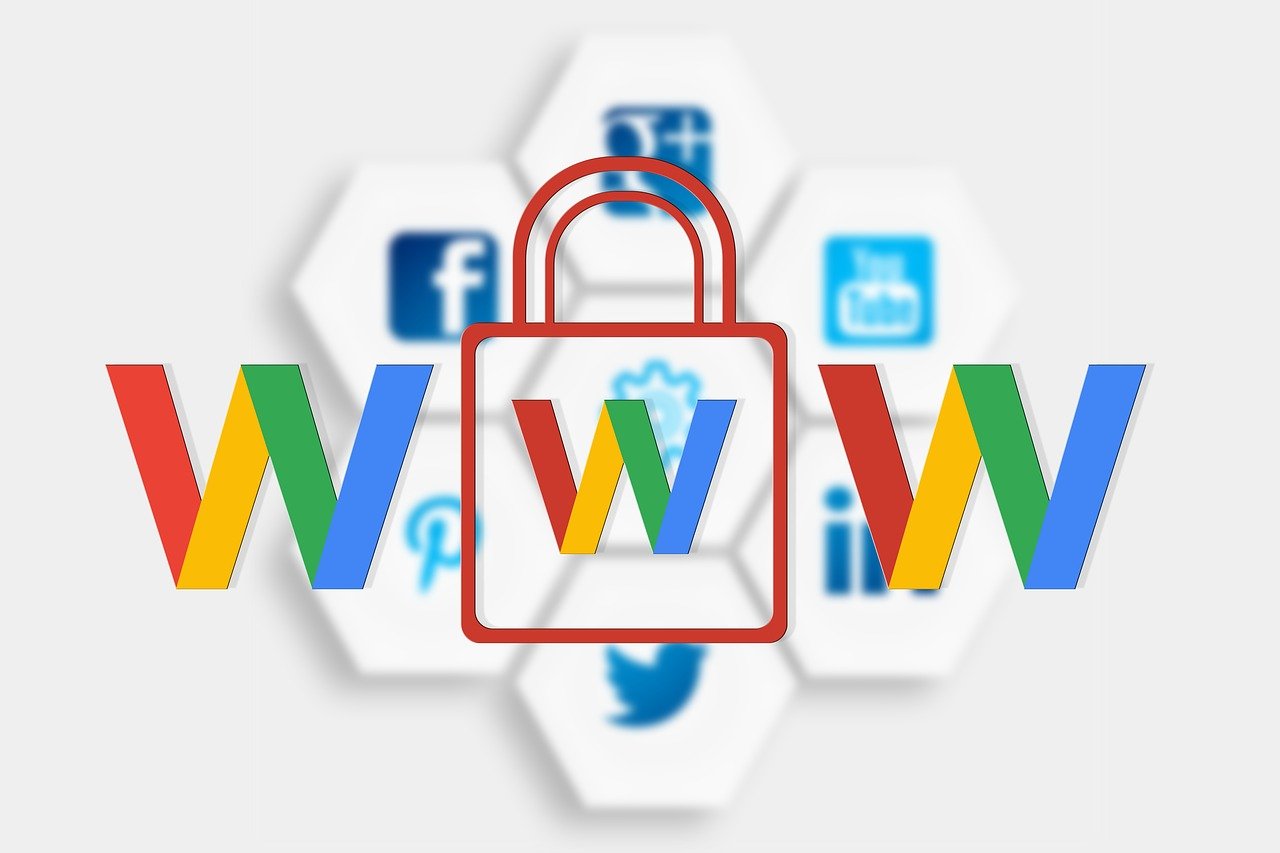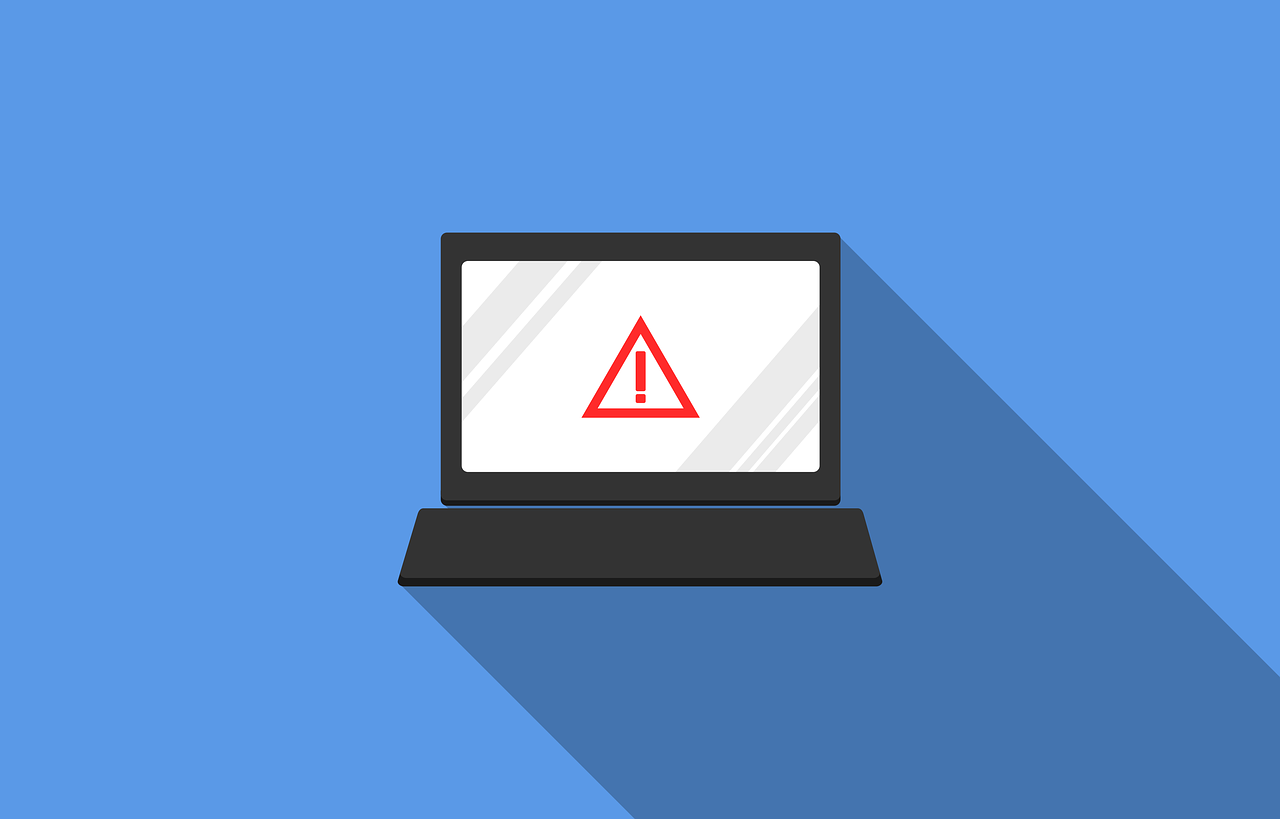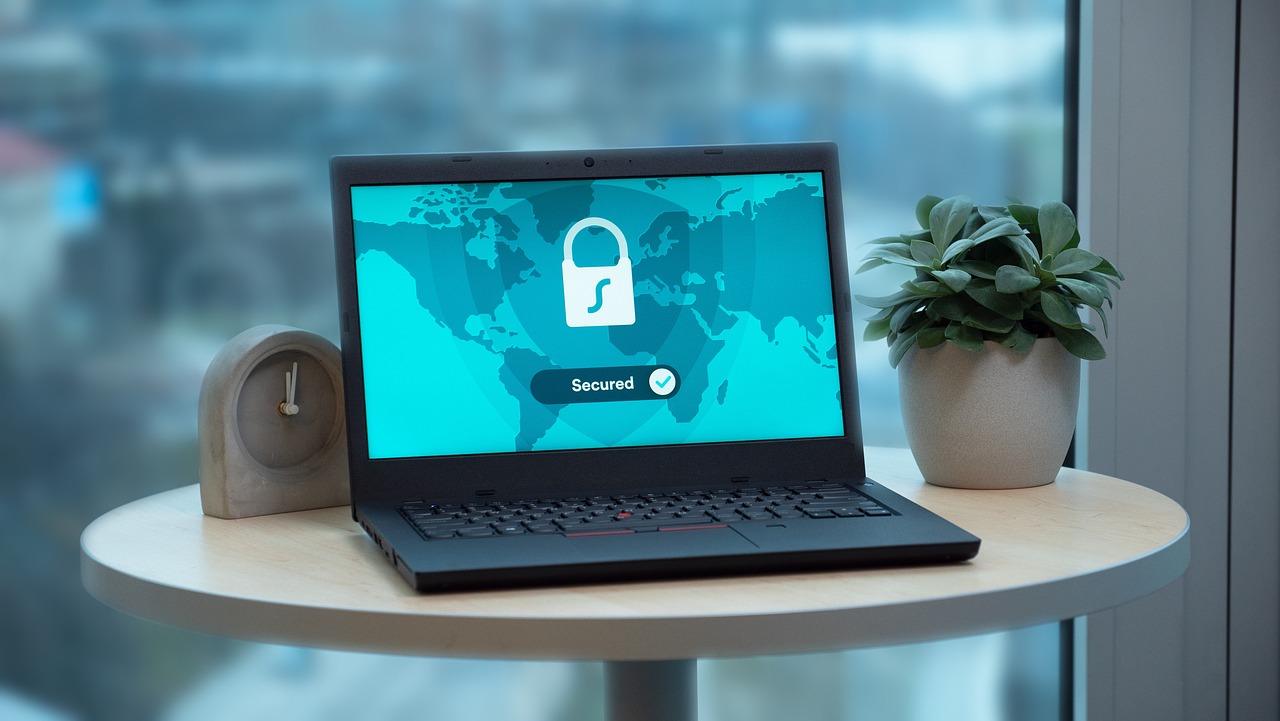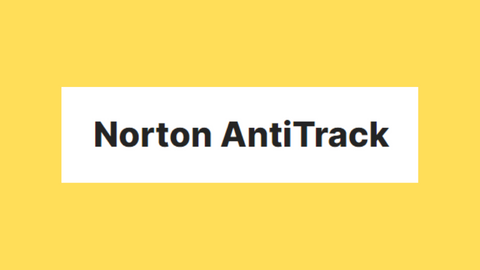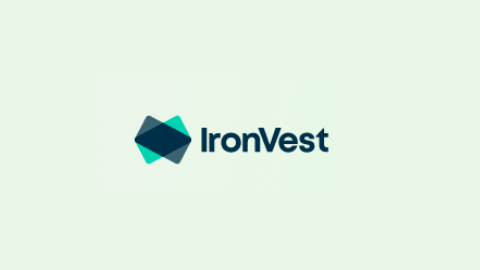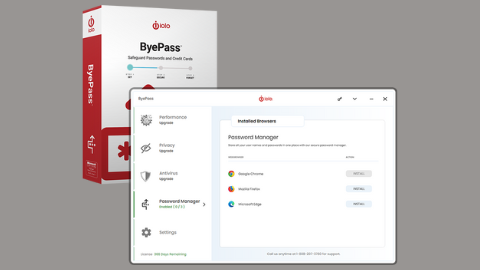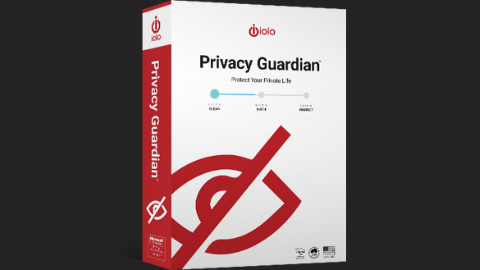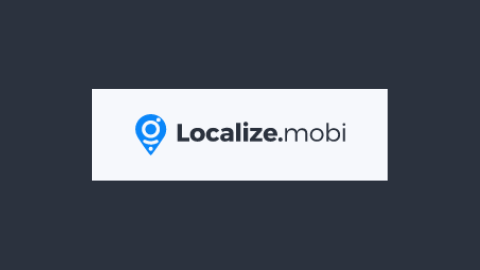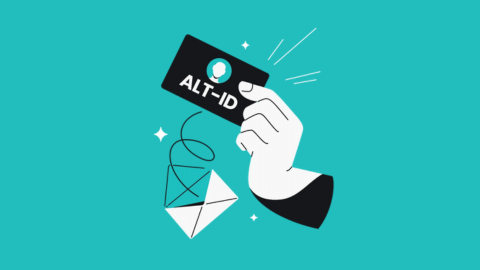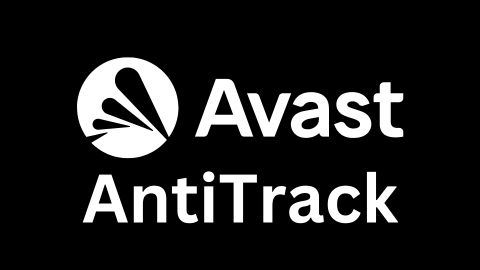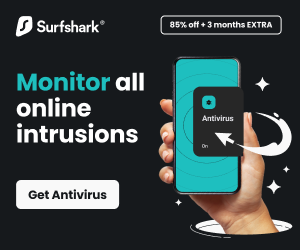Online privacy is important, but it can be difficult to know how to protect it. This guide will teach you the basics of online privacy and give you tips on how to protect your personal information and browsing history.
Table of Contents
What Is Online Privacy?
Online privacy is the right to control your personal information and how it is used when you are connected to the internet. This includes information such as your name, address, phone number, email address, social media profiles, and browsing history.
Online privacy is important because it allows you to control how your information is used and to protect yourself from identity theft, financial fraud, and other risks.
𝒪𝓃𝓁𝒾𝓃𝑒 𝓅𝓇𝒾𝓋𝒶𝒸𝓎 𝒾𝓈 𝓉𝒽𝑒 𝓁𝑒𝓋𝑒𝓁 𝑜𝒻 𝓈𝑒𝒸𝓊𝓇𝒾𝓉𝓎 𝓊𝓈𝑒𝒹 𝓉𝑜 𝓅𝓇𝑜𝓉𝑒𝒸𝓉 𝓈𝑒𝓃𝓈𝒾𝓉𝒾𝓋𝑒 𝒶𝓃𝒹 𝓅𝓇𝒾𝓋𝒶𝓉𝑒 𝒹𝒶𝓉𝒶, 𝒸𝑜𝓂𝓂𝓊𝓃𝒾𝒸𝒶𝓉𝒾𝑜𝓃𝓈, 𝒶𝓃𝒹 𝓅𝓇𝑒𝒻𝑒𝓇𝑒𝓃𝒸𝑒𝓈 𝓅𝓊𝒷𝓁𝒾𝓈𝒽𝑒𝒹 𝑜𝓃𝓁𝒾𝓃𝑒. pic.twitter.com/7ua1Og3Pvd
— SecureBlitz Cybersecurity Blog (@secureblitz) December 3, 2019
Why Is Online Privacy Important?
Online privacy is important for several reasons. First, it allows you to control how your information is used. For example, you may not want companies to track your browsing history or to use your personal information for targeted advertising.
Second, online privacy can help to protect you from identity theft and financial fraud. If your personal information is compromised, criminals could use it to open credit accounts in your name or to steal your money.
Third, online privacy can help to protect you from discrimination. Some employers and insurance companies use your online data to make decisions about you. For example, an employer may use your social media profiles to screen you for a job, or an insurance company may use your browsing history to set your rates.
READ ALSO: OmniWatch Online Identity Protection Review
The Risks Of Online Privacy Breaches
Several risks are associated with online privacy breaches. Some of the most common risks include:
- Identity theft: Identity theft occurs when someone steals your personal information and uses it to commit fraud or other crimes in your name.
- Financial fraud: Financial fraud can occur when someone uses your personal information to access your bank accounts or credit cards.
- Discrimination: Discrimination can occur when employers, insurance companies, and other organizations use your personal information to make decisions about you.
How To Protect Your Online Privacy
There are several steps you can take to protect your online privacy. Here are a few tips:
- Use strong passwords and two-factor authentication. Strong passwords are at least 12 characters long and include a mix of upper and lowercase letters, numbers, and symbols. Two-factor authentication adds an extra layer of security to your accounts by requiring you to enter a code from your phone in addition to your password.
- Be careful about what you share online. Think twice before sharing personal information or photos online. Once you share information online, it is difficult to control how it is used.
- Use a VPN. A VPN encrypts your internet traffic and hides your IP address. This can help to protect your privacy from online trackers and hackers. You can check out our list of the best VPN services to make a choice today.
- Keep your software up to date. Software updates often include security patches that can help to protect your devices from vulnerabilities.
READ ALSO: Ultimate Digital Privacy Guide
Recommended Tools And Services
Here are a few tools and services that can help you protect your online privacy:
- Incogni: Incogni helps you remove your personal information from data brokers.
- Norton AntiTrack: Norton AntiTrack blocks online trackers from following you around the web.
- Opera Web Browser: Opera Web Browser has a built-in ad blocker and VPN.
- MacKeeper: MacKeeper offers a range of features to safeguard your Mac’s privacy.
- PC Matic Magnum: PC Matic Magnum features a range of tools to protect your PC’s privacy, including a VPN and ad blocker.
- DeleteMe: DeleteMe helps you remove your personal information from search engine results.
- Hushed: Hushed provides anonymous phone numbers.
- IOLO ByePass: IOLO ByePass helps you manage your online passwords.
- IOLO Privacy Guardian: IOLO Privacy Guardian protects your personal information from being accessed by unauthorized users.
- Kamo (by CCleaner): Kamo is a password manager that helps you create and manage strong passwords.
- Localize: Localize is another phone monitoring app to protect your privacy.
- Social Catfish: Social Catfish helps you identify fake online profiles.
- Reship Virtual Address: Reship offers virtual addresses that you can use to protect your online shopping privacy.
- Surfshark Alternative ID: Surfshark Alternative ID allows you to create temporary identities that you can use to access the internet.
- OmniWatch Identity Theft Protection: OmniWatch Identity Theft Protection monitors your credit reports, social media accounts, and other online activity for signs of identity theft.
Frequently Asked Questions About Online Privacy
What does online privacy really mean?
Online privacy refers to your right to control how your personal information — such as your name, address, phone number, email, and browsing history — is collected, shared, and used online. It’s about maintaining control over your digital footprint and keeping your data secure from unauthorized access or misuse.
Why is online privacy so important today?
Online privacy matters because your personal data is valuable. Without protection, companies, hackers, and even institutions can misuse it for advertising, financial gain, or discrimination. Protecting your online privacy helps you avoid identity theft, fraud, and unwanted profiling.
READ ALSO: How to Use a VPN to Protect Your Online Privacy
What are the biggest threats to my online privacy?
Common threats include data breaches, phishing attacks, unsecured Wi-Fi networks, and online tracking by advertisers. Social media oversharing and weak passwords can also expose your private data to malicious actors.
How can I protect my online privacy every day?
You can protect your online privacy by using strong passwords, enabling two-factor authentication, being mindful of what you share online, using a trusted VPN, and keeping your software up to date. These habits reduce your exposure to online risks.
What is the role of a VPN in online privacy protection?
A VPN (Virtual Private Network) encrypts your internet connection and hides your IP address, making it more difficult for hackers, trackers, and even your internet service provider to monitor your activities. It’s a simple yet powerful tool for secure browsing.
Can companies legally track my online behavior?
Many websites track user behavior using cookies and analytics tools. However, privacy laws like GDPR and CCPA require companies to inform you and, in some cases, get your consent. Always review privacy policies and adjust your cookie preferences.
READ ALSO: Why Is Identity Theft Protection Crucial in Today’s Digital World?
What happens if my personal information is exposed online?
If your data is exposed, you may face identity theft, financial fraud, or even reputational harm. It’s essential to regularly monitor your accounts, change passwords promptly, and utilize identity protection tools like OmniWatch or DeleteMe to manage your online presence effectively.
Are social media platforms a major privacy risk?
Yes, social media platforms can be significant privacy risks because they collect and share large amounts of user data. Avoid oversharing personal information and regularly review your privacy settings to limit access to your data.
What tools can help me stay private online?
Tools like Incogni, Norton AntiTrack, Surfshark Alternative ID, and DeleteMe can help remove your personal data from databases, block trackers, and protect your online identity. Password managers like Kamo and IOLO ByePass also enhance digital security.
READ ALSO: Identity Protection Guide: Safeguarding Your Personal Data
How can I determine if my online privacy has been compromised?
Warning signs include unusual account activity, unexpected password resets, strange emails, or unknown charges on your accounts. Utilizing monitoring services like OmniWatch Identity Theft Protection can help detect and prevent breaches early.
Conclusion
Online privacy is crucial, and there are several steps you can take to safeguard it.
By understanding the risks of online privacy breaches and taking steps to protect your personal information, you can reduce your risk of becoming a victim of identity theft, financial fraud, and other crimes.
INTERESTING POSTS
- How to Protect Yourself from Online Fraud [6 Surefire Internet Safety Tips]
- Identity Protection Explained in Fewer than 140 Characters
- 5 Certified Benefits of Identity Theft Protection
- The History Of Online Gambling And How It Has Developed Over The Past 20 Years
About the Author:
Abraham Faisal is a professional content writer. He has a strong passion for online privacy, cybersecurity and blockchain and is an advocate for online privacy. He has been writing about these topics since 2018 and is a regular contributor to a number of publications. He has a degree in Computer Science and has in-depth knowledge of the ever-evolving world of digital security. In his free time, he likes to travel and explore new cultures.




